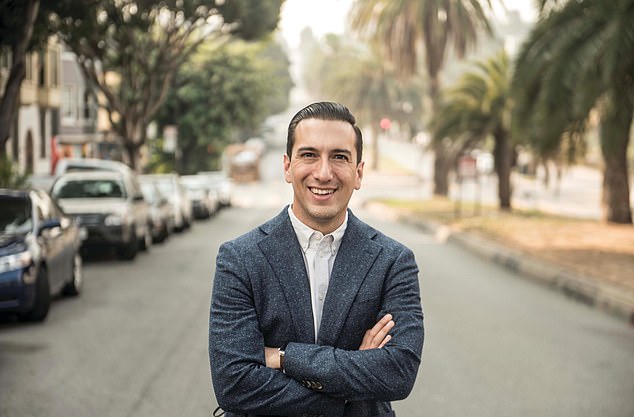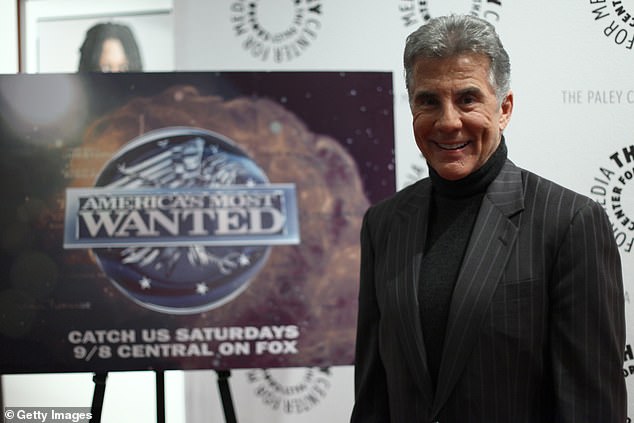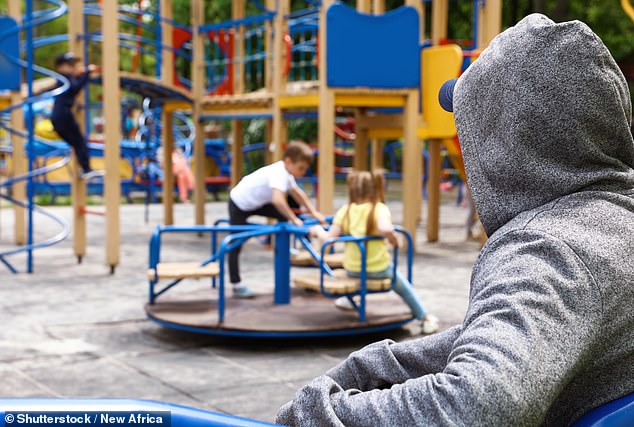In 2015, Danielle and Alexander Meitiv let their 10- and 6-year-old children walk home alone from a park in Silver Springs, Maryland.
Halfway through their journey, the children were detained by police and a few days later, the parents were under investigation for neglect.
Mr and Mrs Meitiv were criticised on social media for letting children roam freely in a dangerous world, subject to kidnapping or worse.
Her case highlights how our culture has been distorted by the idea of ”stranger danger,” a decades-old concept that holds that anyone who is a stranger is a threat.
When we teach children that the world is horrible, they believe us, even when it is neither true nor healthy.
Studies have shown that the chances of a child being abducted by a stranger are much less than one percent.
Every abduction is a tragedy, but most fears of strangers are unfounded: the actual risk of a child being abducted and killed by a stranger is estimated to be 0.00007 percent.
By comparison, your chances of being struck by lightning are about 0.0065 percent, so you are more likely to be struck by lightning than to be abducted by a stranger as a child.
As a father of two daughters, I understand these impulses.
But as a psychologist at Stanford University who sees an epidemic of young adults struggling with depression and anxiety, I believe stranger danger mania may be harming younger generations more than helping them.
Thirty-five years before the Meitivs’ troubles, in 1981, Revé Walsh took her six-year-old son Adam to a Sears department store in Hollywood, Florida.
He waited by a display of Atari video games while she shopped for lamps.
When she returned minutes later, Adam was gone. Within two weeks, Revé would learn that Adam had been kidnapped and murdered.
Mrs. Walsh lived every parent’s nightmare, and soon that terror became an American fascination.
Revé’s husband, John—who would later host America’s Most Wanted—testified before Congress that the country was “riddled with… strangled children” and claimed that 50,000 children were abducted by strangers each year.
Coverage of kidnappings increased dramatically during the 1980s. I grew up during that period and remember eating cereal while looking at pictures of kidnapped children on milk cartons.
In 1987, nearly half of American children thought it was “very likely” they would disappear.
Violent crime has declined dramatically since then, and yet a 2024 survey found that more than a quarter of American parents remain “extremely concerned” that their children will be abducted.
In the 1960s, young people were more trusting of others than older adults. But after years of stranger danger, the trend reversed, Generation Z is the least trusting generation in history.
Young adults have also been affected by increasing loneliness, depression and anxiety, and I think it’s possible that the mistrust we’ve created in them may be a factor in that.

Dr. Jamil Zaki is a psychologist and author from Stanford University.
Psychologists from the University of Pennsylvania Found in a 2021 study That parents believe that in order to be successful, their children must think of the world as dangerous and competitive.
This is reflected in our behavior in at least two ways.
The first is what Jonathan Haidt, an influential social psychologist at New York University, calls “safeguarding,” or doing anything to prevent our children from getting hurt.
Safety is physical (not allowing children to climb trees or ride bikes), but it is also social.
Now more than ever, children are prevented from spending time in community settings, such as parks and public pools, without their parents.
A 2022 study She found that 94 percent of news stories about children’s independence portrayed that independence in a negative light. Other research They found that people tend to judge parents who give their children freedom as bad parents.
Through security we send a strong signal that we should not trust people we do not know.
The second is parental intervention to solve children’s social problems. As a parent, I too get angry when my children are in pain, and if I had a button that could improve their mood, I would press it again and again.
But intervening, especially when your child is having problems with peers, can backfire.
As a child psychiatrist Meghan walls In other words, “by solving our children’s problems, we interfere with their ability to develop the effective coping mechanisms needed to meet these challenges.”
I would add that our intrusion also teaches children that other children are a threat.
Securism and intervention are often well-intentioned, but they are also exactly the opposite.
Scientists have studied how life turns out for children who are raised with a more open and trusting view of the world, compared to children who are raised to be isolated.
They found that people who viewed the world as safe were happier, more fulfilled, and more successful than their more cautious counterparts.
Cynics suffered more mental and physical illnesses, and even died younger than their more gullible counterparts.

John Walsh, host of America’s Most Wanted, tragically lost his son Adam in a kidnapping and murder in 1981.
In other words, by protecting our children from fictional short-term dangers, we are directing them toward more real long-term risks: losing love, friendship, and community.
Instead of driving our children into fear and isolation, we can help them open up to the world.
There are two strategies that can be helpful in this case: first, we can point out to children the “kindness of strangers.”
The media presents the world as something terrifying. As a result, investigation He has found that the more people tune into the channel, the more they think crime is rampant, even when it is declining.
Real people are much more trustworthy, generous, friendly and open than we think. The average person underestimates the average stranger, and science proves it.
But we can look more closely, and our kids can, too. With my own kids, I try a practice called social savoring.
My daughters and I frequently exchange stories of kindness we have seen throughout the day. This helps them notice the people who help us and who are everywhere.
Second, we can let children deal with their own problems and manage their own relationships.
My brilliant late friend, the neuroscientist Emile Bruneau, described this parenting style as an attitude of unbearable attention, which involves being present and available to young people but not stepping in to help them until they ask for it, and even then asking them for ideas rather than offering them.
Investigation This confirms their thinking. When parents gave children social independence in higher education, they experienced less stress at school and greater faith and positive feelings toward their peers.
We can instill this healthier mindset in our children. To help them thrive, we can help them see the good around them. To help them have faith in others, we can start by placing more faith in them.
Jamil Zaki is a professor of psychology at Stanford University and author Hope for Cynics: The Surprising Science of Human Kindness.

